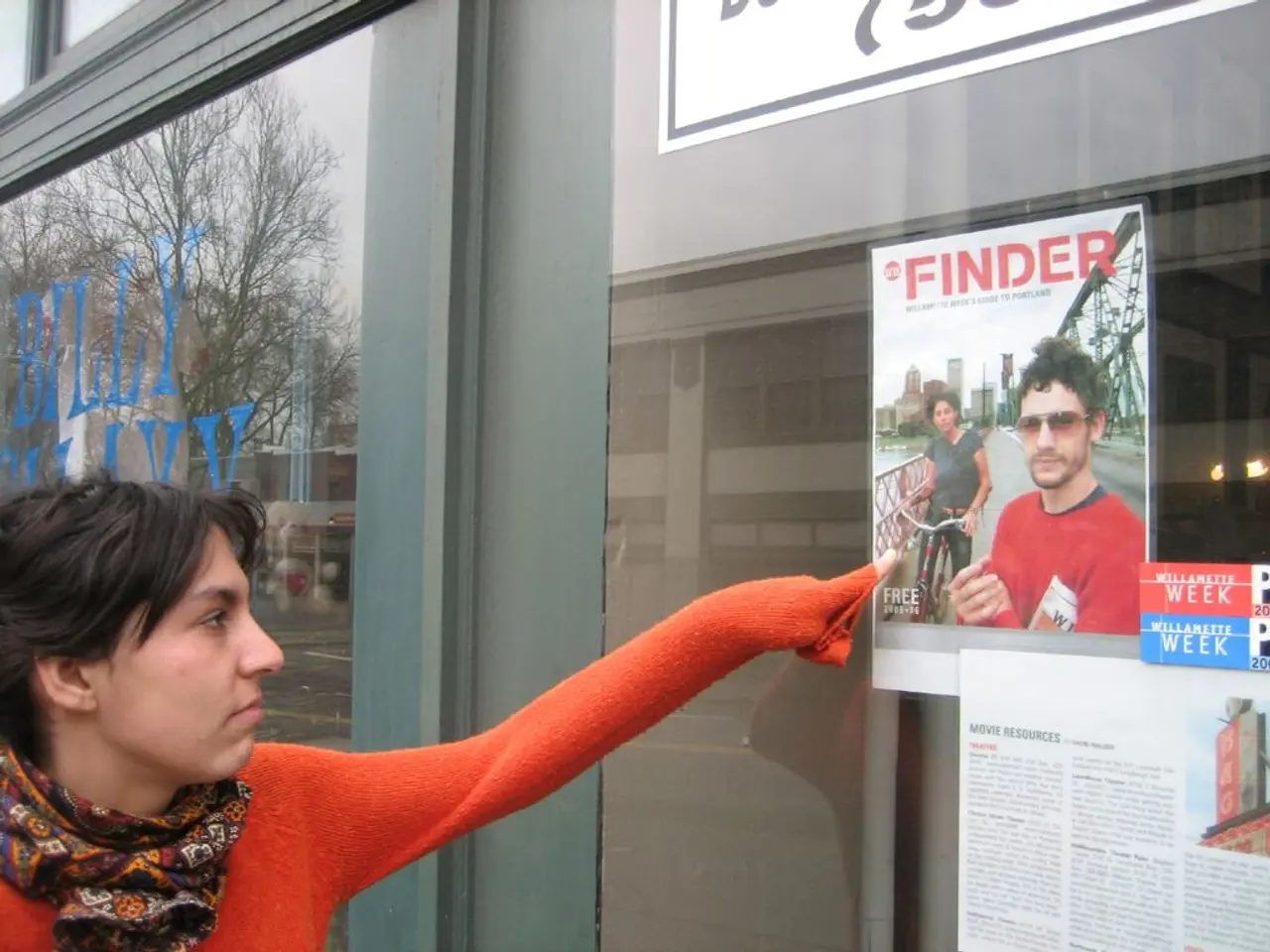Tipping's Troubled History: From Elite to Everyday
Tipping, once a practice reserved for the elite, has become a contentious issue in modern society. The author of Strike Magazine Boca, based in Boca Raton, explores the history and implications of tipping, sparking debate about its fairness and necessity.
Tipping originated in medieval England as a way for the wealthy to reward servants. It was later adopted in the United States post-Civil War, with some linking it to the 'legacy of slavery'. Wealthy American aristocrats further popularized the practice as a means to flaunt their wealth.
In the mid-19th century, the working class struggled to afford meals, let alone tips. This led to a general disfavor towards tipping. However, tipping culture persisted and even became illegal in the early 20th century, yet remained ingrained in the hospitality industry.
The author of Strike Magazine Boca experienced firsthand the pressure to tip at a self-serve fro-yo establishment, despite performing most of the service themselves. This encounter sparked anxiety and guilt about tipping, leading the author to question its fairness and origins. They suggest learning to make fro-yo at home as an alternative.
In modern restaurants, a 20% tip is expected for servers. However, the author raises the question of where to draw the line on tipping, especially at self-serve establishments. They warn of potential 'tipflation', where increasing tips over time could lead to social pressure to tip even in such settings.
The history and evolution of tipping culture highlight its complex and controversial nature. As consumers increasingly question the fairness and necessity of tipping, particularly in self-serve settings, the future of this practice remains uncertain.








